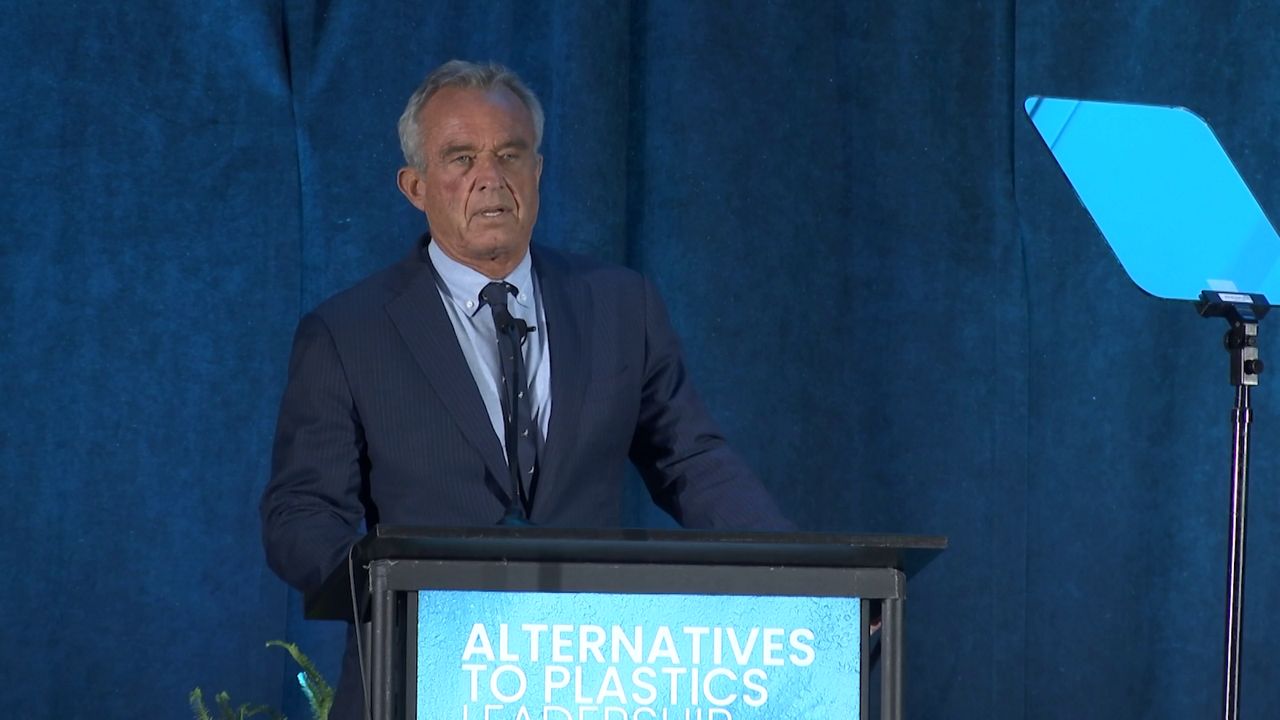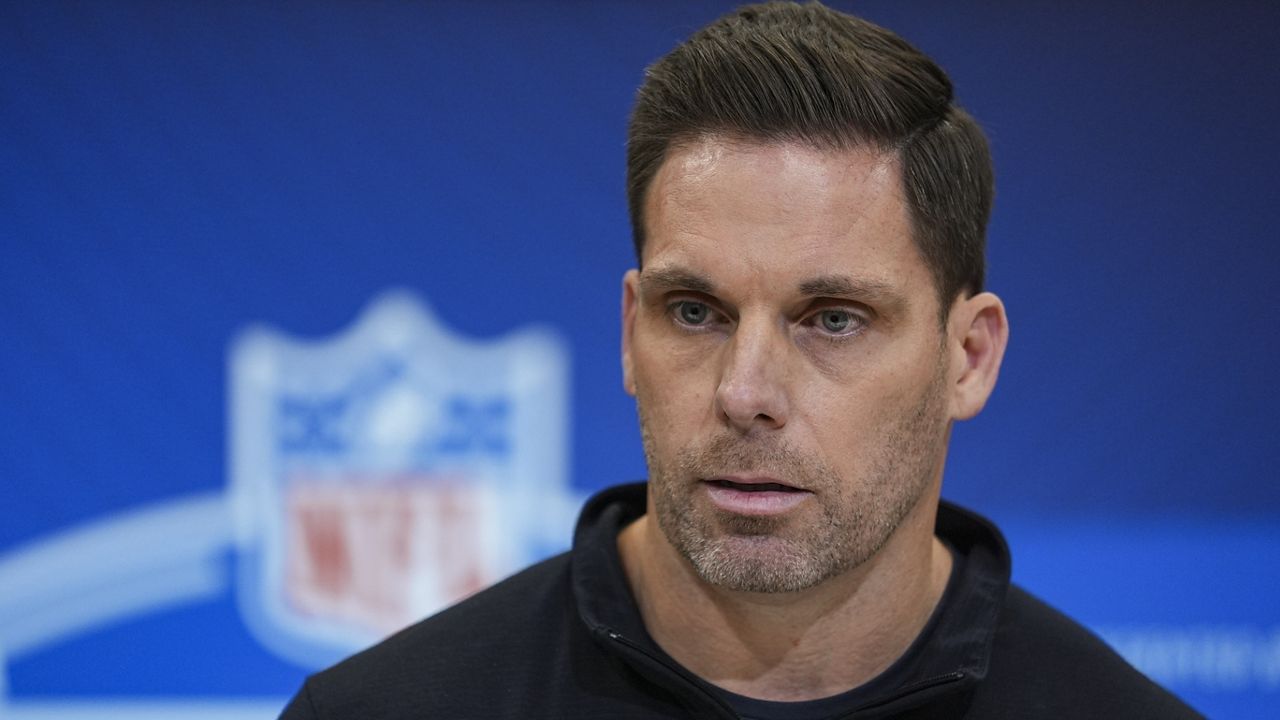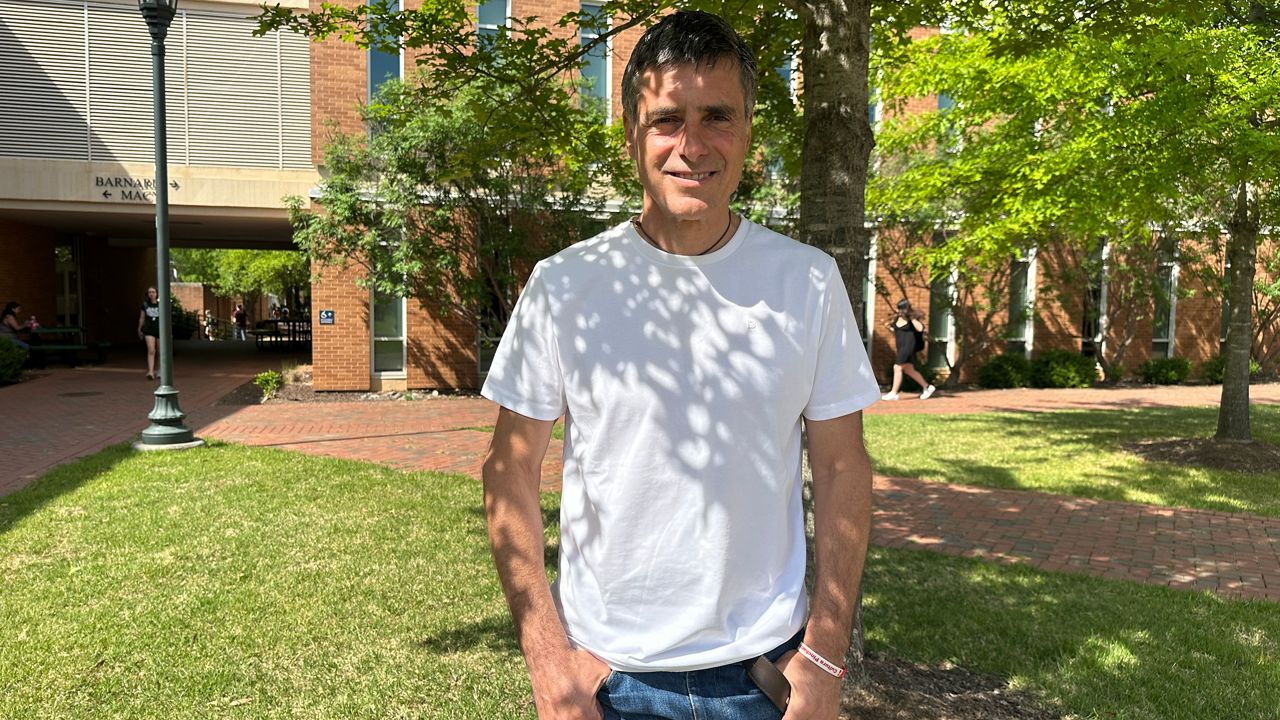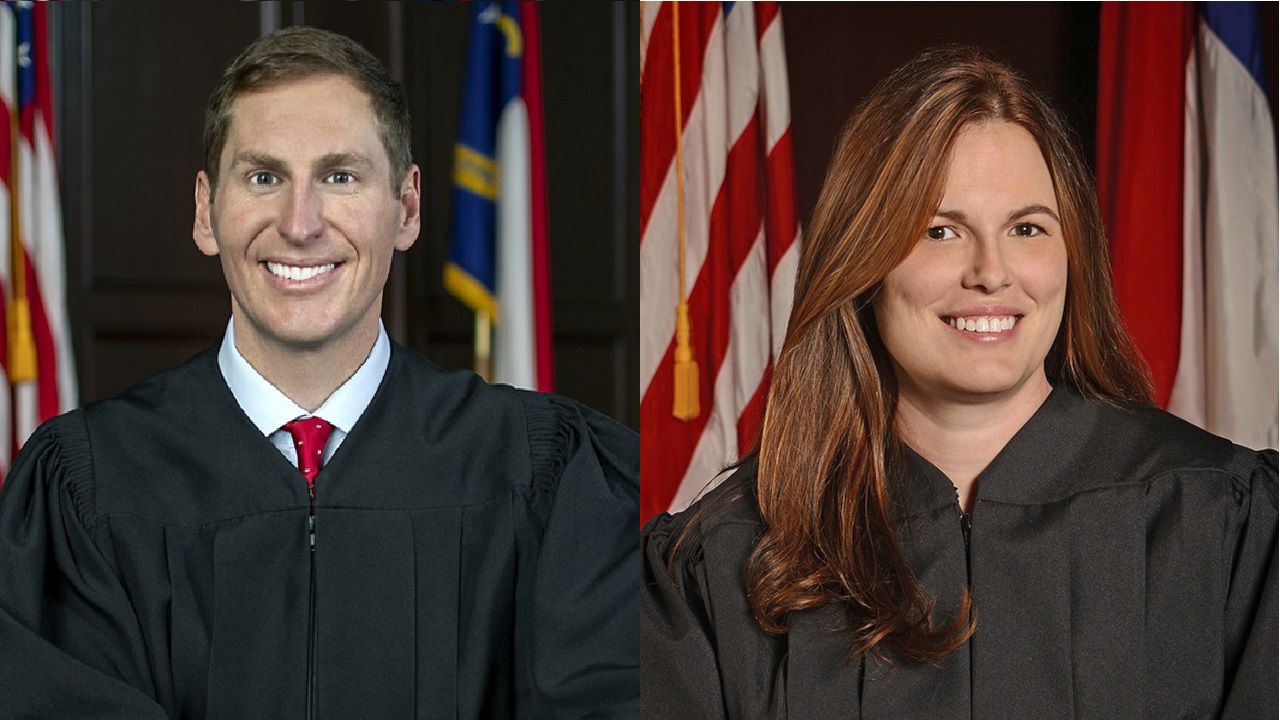CHARLOTTE, N.C. — An Army veteran is using fitness to help strengthen other former service members' mental and physical health.
He's raising awareness about these issues during May, which is recognized as both Mental Health Awareness Month and National Military Appreciation Month.
Jeff Witherspoon is the founder and CEO of Eager to Motivate Fitness, a virtual weight loss-based program for adults. It's designed to help people live a sustainable healthy lifestyle. Many of its clients are veterans.
"I wanted to make a difference, not only in my life but as many people as I could help, as well," he said.
Witherspoon launched E2M following his time in the Army. He served multiple tours in Iraq.
At times, Witherspoon faced adversity, but he used fitness to cope with the stressors.
"For me, during my most traumatic deployment, I started learning how I could use physical fitness to keep my mind occupied. That helped me find a way to relieve my stress every day and my anxiety and honestly some of my fears that I wouldn't make it back home," he said.
According to the Substance Abuse and Mental Health Services Administration, around 200,000 veterans are transitioning out of active-duty service and returning to civilian life every year.
SAMHSA says many vets recently separated from military service are not seeking immediate help, which could result in more complex behavioral health concerns.
Witherspoon created E2M to match the structure he experienced in the Army. He says this makes the program supportive for veterans transitioning back into the civilian lifestyle, which can be difficult.
"When you're a part of the military, you have a sense of camaraderie, community and structure," Witherspoon said. "When you retire or exit the military, you may be lost for a little while because you don't have that structure and people that understand the stressors you go through."
"That's why I made E2M the way I made it. My goal was to pair the same type of bonds and camaraderie I had in the military with a fitness group," he said. "I have sign-ups, I train in groups. I want people to have the experience of going through something difficult together."
"When you go through a difficult task with other people, you form bonds. When you have that, it allows you to stick with a difficult task for longer," he said. "When you go through a difficult task with other people, you form bonds. When you have that, it allows you to stick with a difficult task for longer," he said.
E2M includes licensed counselors who are helping to remove stigmas around mental health.
"I call them mental fitness coaches," he said. "When it comes to counseling, there's a stigma about going and seeking mental health counseling. That stigma should not be there."
"I take away the stigma and talk about the benefits of getting a counselor in your life. Sometimes, there are things that hold you back in life that you don't even realize are holding you back," Witherspoon said.
Veteran Bill James is part of the E2M fitness program. James served in U.S. Marine Corps.
"It actually saved my life," James said. "I was a nobody going nowhere. I found direction in the Marine Corps, a brotherhood you can never lose. [I'm] talking about friends since 1995."
James says transitioning back into civilian life came with some struggles.
"Being part of a military community, when you leave you lose your brotherhood, camaraderie [and] daily structure," he said.
James says over time, he lost some motivation. He would later face serious health battles.
"A couple years ago I weighed 275 pounds. I went to the emergency room with an irregular heartbeat and blood pressure through the roof. I had a medical procedure [which] shot my heart back into rhythm. Nothing makes you get straight like a major health scare," James said.
James' wife connected him with E2M. The physical activities helped James stay both physically and mentally fit.
"I'm down 50 pounds to 225," James said. "Makes your self-esteem go through the roof. [Plus, my] health numbers are improving."
James and Witherspoon are encouraging vets who may be struggling to get the help they need when returning home.
SAMHSA says communities have a role in ensuring service members, veterans and their families are prepared for these major transitions. This includes increasing military cultural competence, becoming familiar with behavioral health warning signs and knowing how to connect to services.
"It’s important they know that they are not alone as they face the unique journey of transitioning from the pride of uniformed service to continued meaningful contributions in civilian life," the SAMHSA website says.










